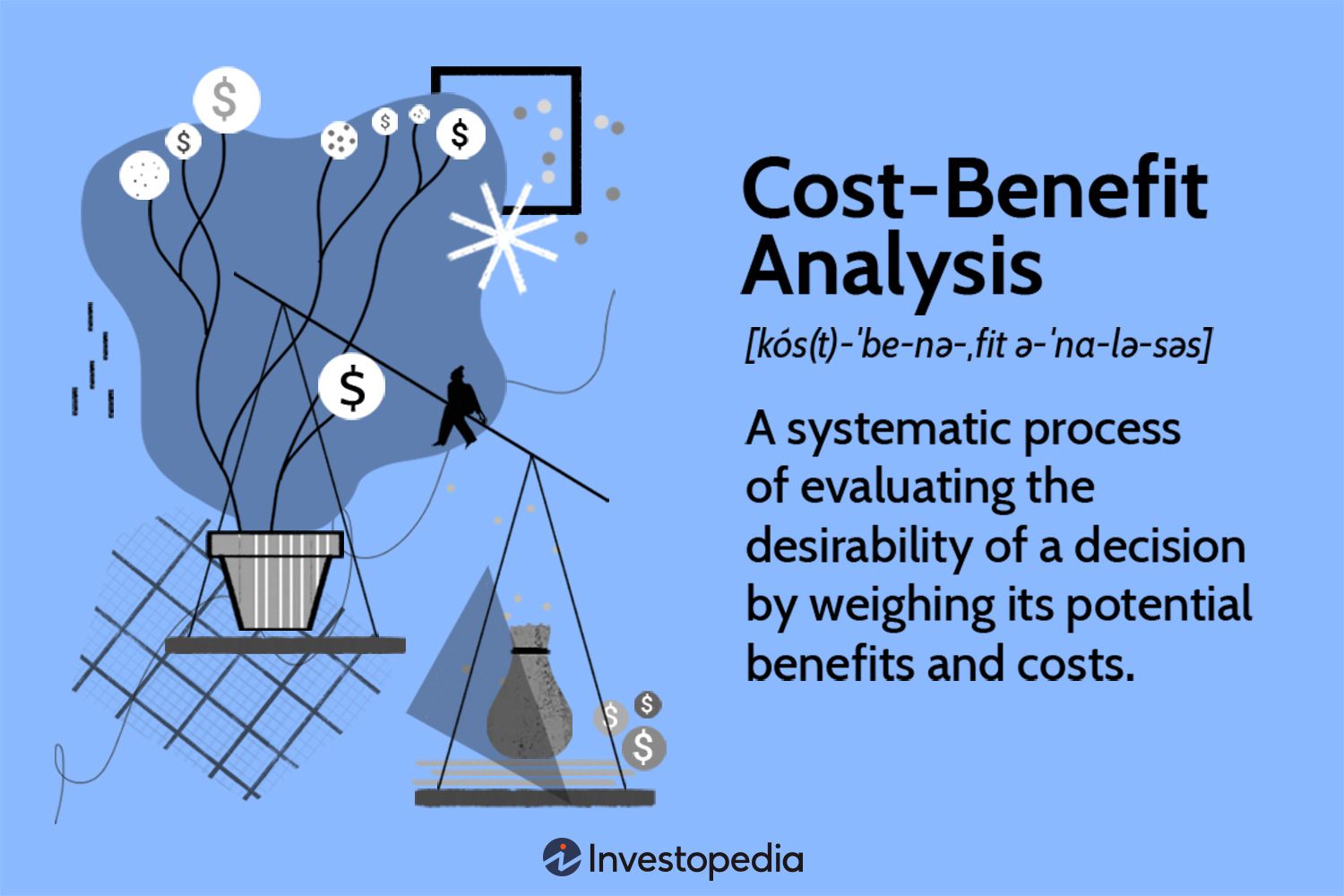The Benefits of CBA
Welcome to our comprehensive guide on the benefits of CBA. In this article, we will explore the various advantages that CBA (Cost-Benefit Analysis) offers and how it can be a valuable tool in decision-making processes. CBA is a systematic approach that helps individuals and organizations evaluate the costs and benefits of different alternatives to make informed choices. Let’s dive into the details!
Enhanced Decision-making
CBA provides a structured framework for decision-making by assessing the costs and benefits associated with each alternative. By considering both the monetary and non-monetary aspects, CBA enables decision-makers to make more informed choices. This approach helps in identifying the most favorable option based on the overall net benefits it offers.
Optimized Resource Allocation
One of the key advantages of CBA is its ability to optimize resource allocation. By quantifying the costs and benefits, organizations can allocate their resources efficiently. CBA helps in identifying projects or initiatives that offer the highest return on investment, ensuring that resources are utilized effectively and not wasted on less beneficial alternatives.
Risk Assessment and Mitigation
CBA also plays a crucial role in assessing and mitigating risks. By evaluating the potential costs and benefits, decision-makers can identify and analyze the risks associated with each alternative. This analysis enables organizations to develop strategies to mitigate risks and make informed decisions that minimize potential negative impacts.
Improved Transparency and Accountability
Another significant advantage of CBA is that it promotes transparency and accountability. By providing a clear assessment of the costs and benefits, CBA helps stakeholders understand the rationale behind a decision. This transparency fosters trust and ensures that decision-makers are accountable for their choices, as they can be evaluated based on the information provided by the CBA.
Long-Term Planning
CBA is a valuable tool for long-term planning. By considering the costs and benefits over an extended period, organizations can make decisions that align with their long-term goals. This approach helps in avoiding short-sighted decisions that may provide immediate benefits but have negative long-term consequences. CBA enables organizations to evaluate the long-term impacts and make decisions that are sustainable and beneficial in the long run.

CBA offers numerous benefits that can significantly impact decision-making processes. By providing a structured framework to evaluate costs and benefits, CBA enhances decision-making, optimizes resource allocation, assesses and mitigates risks, promotes transparency and accountability, and supports long-term planning. Incorporating CBA into your decision-making processes can help you make informed choices and achieve favorable outcomes. Start leveraging the power of CBA today!
Frequently Asked Questions about the Benefits of CBA
1. What is CBA?
CBA stands for Cost-Benefit Analysis. It is a systematic approach used to assess the benefits and costs of a project, policy, or decision.
2. What are the main benefits of CBA?
The main benefits of CBA include:
Providing a structured framework for evaluating projects
Helping decision-makers understand the economic impacts
Assisting in comparing different alternatives
Ensuring transparency in decision-making processes
3. How does CBA help in decision-making?
CBA helps in decision-making by providing a quantitative analysis of the costs and benefits associated with a project or policy. It allows decision-makers to weigh the pros and cons and make informed choices.
4. Can CBA be used for both public and private projects?
Yes, CBA can be used for both public and private projects. It is commonly used by governments to evaluate public policies, infrastructure projects, and regulations. It is also employed by businesses to assess the profitability of investments.
5. What types of costs and benefits are considered in CBA?
CBA considers both monetary and non-monetary costs and benefits. Monetary costs and benefits include expenses, revenues, and financial impacts. Non-monetary costs and benefits encompass environmental, social, and health impacts.
6. How does CBA account for uncertainty?
CBA acknowledges uncertainty by conducting sensitivity analyses and incorporating risk assessments. Different scenarios are evaluated to understand the potential impacts of uncertain factors on the project’s outcomes.
7. Are there any limitations to CBA?
Yes, CBA has some limitations. It relies on assumptions, estimations, and data availability, which can introduce biases. It may not capture all intangible costs and benefits, and its results can be influenced by subjective judgments.
8. Can CBA be used to evaluate intangible benefits?
Yes, CBA can incorporate intangible benefits by using techniques like contingent valuation or stated preference surveys. These methods help assign a monetary value to non-market goods or services.
9. How does CBA consider the time value of money?
CBA accounts for the time value of money by discounting future costs and benefits to their present value. This adjustment reflects the preference for immediate benefits and the opportunity cost of delaying or investing funds.
10. Who conducts CBA?
CBA can be conducted by economists, policy analysts, consultants, or experts with relevant knowledge and expertise. It is often performed by government agencies, consulting firms, or research institutions.




